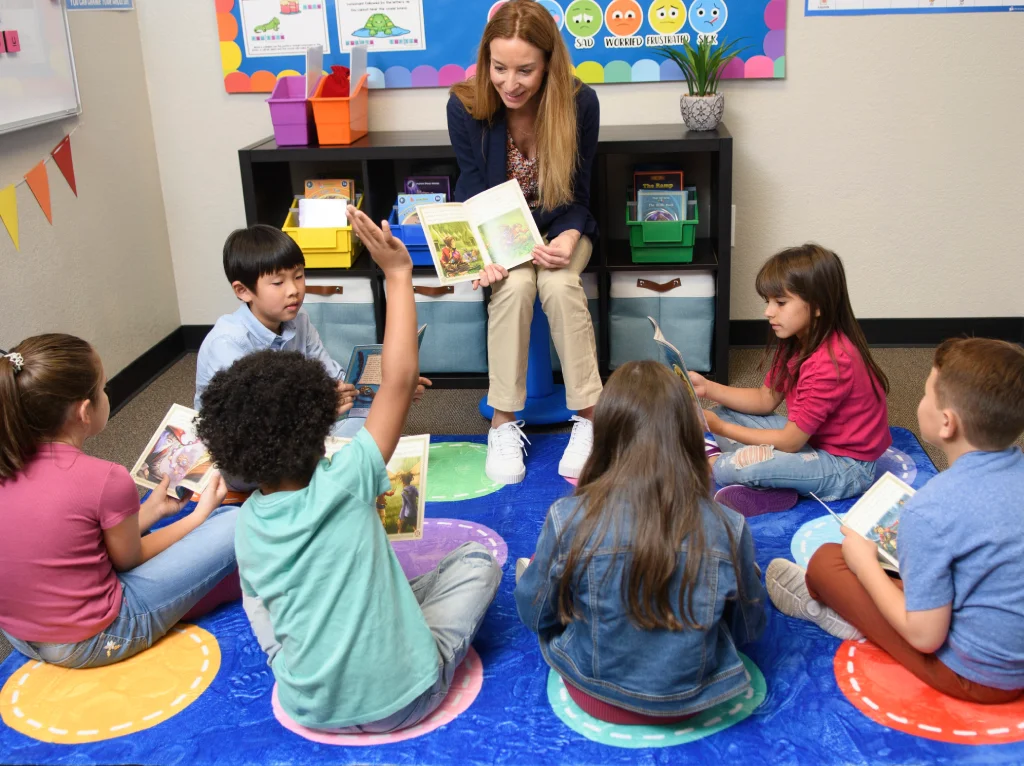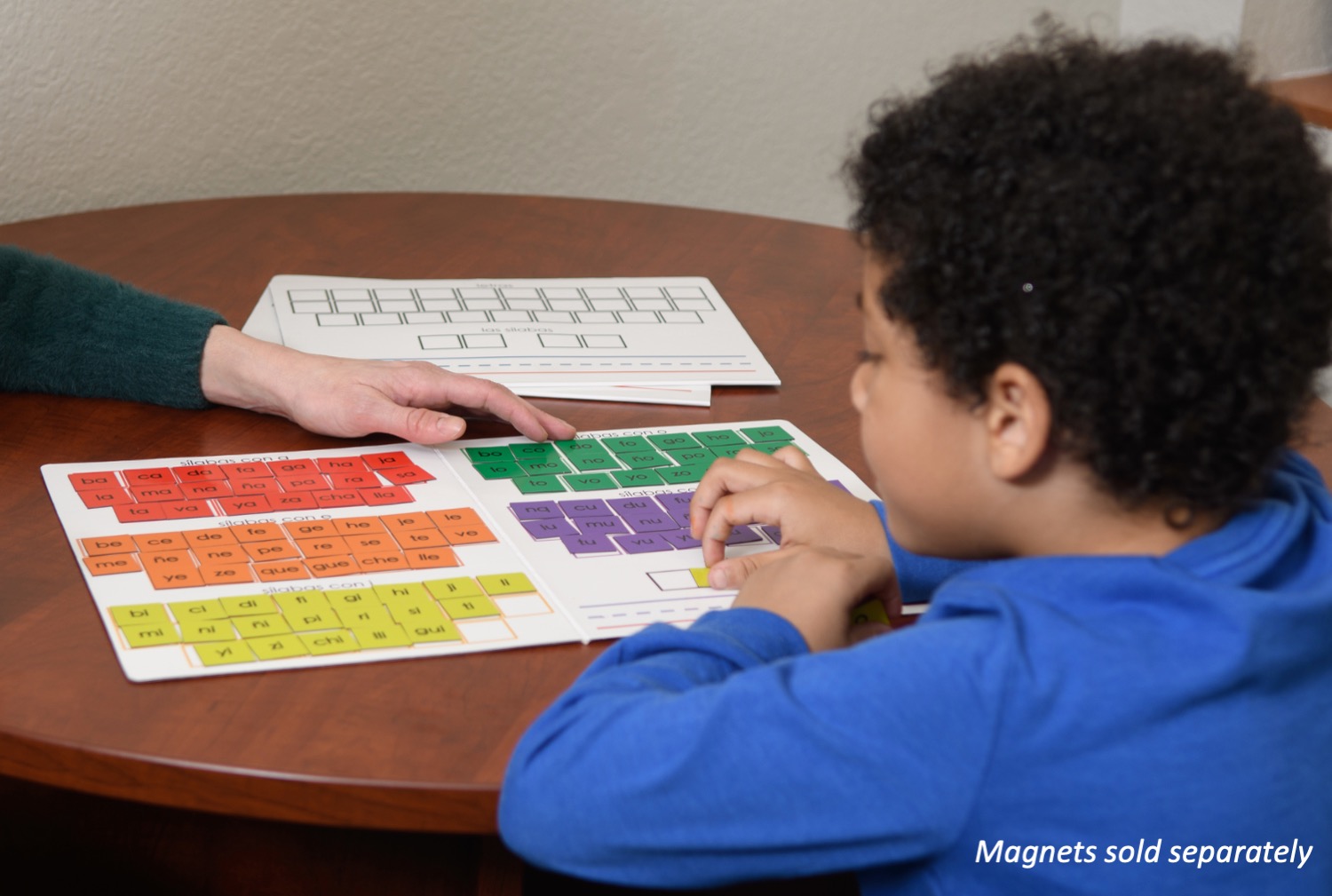Dyslexia is a common learning challenge that affects many students’ ability to read and write. With the right strategies and support, students with dyslexia can achieve literacy success. In this article, we’ll explore effective ways to support literacy development for students with dyslexia, focusing on interventions, tutoring, and support services.
Understanding Dyslexia
Dyslexia is a specific learning disability that is neurological in origin. It affects a person’s ability to process language, making it difficult to read, spell, and sometimes speak. Early identification and intervention are crucial for supporting students with dyslexia.
Signs of Dyslexia
Some common signs of dyslexia include:
- Difficulty recognizing letters and sounds
- Trouble reading fluently
- Frequent spelling errors
- Problems with reading comprehension
Understanding these signs can help parents and educators identify dyslexia early and seek appropriate interventions.

Effective Interventions for Dyslexia
Interventions are strategies and programs designed to help students overcome the challenges of dyslexia. The following are some effective interventions:
Multisensory Teaching Techniques
Multisensory teaching techniques involve using multiple senses to help students learn. This approach can include visual, auditory, and kinesthetic-tactile pathways to enhance memory and learning. Examples include:
- Using sandpaper letters for tactile feedback
- Clapping syllables for phonemic awareness
- Visual aids and graphic organizers
These techniques can help reinforce learning in students with dyslexia by engaging multiple senses.
Structured Literacy Programs
Structured literacy programs are explicit, systematic, and sequential approaches to teaching reading. These programs focus on:
- Phonological awareness
- Phonics and word recognition
- Vocabulary development
- Reading comprehension
Such programs are highly effective for students with dyslexia as they provide clear and organized instruction.
The Role of Dyslexia Tutoring
Dyslexia tutoring offers personalized instruction tailored to the student’s unique needs. Tutors can provide focused attention and adapt their teaching methods to suit the learner’s style.
Selecting a Dyslexia Tutor
When choosing a tutor, consider the following:
- Experience and qualifications in dyslexia education
- Familiarity with structured literacy programs
- Ability to engage and motivate the student
A qualified tutor can make a significant difference in a student’s literacy development.
Tutoring Strategies
Tutoring strategies that can support dyslexia literacy development include:
- Repeated practice with reading and spelling
- Use of technology, such as text-to-speech software
- Encouraging reading for pleasure to build confidence
Consistent and supportive tutoring can help students improve their reading skills over time.
Support Services for Students with Dyslexia
In addition to tutoring, various support services can help students with dyslexia succeed in their literacy development.
School-Based Support
Many schools offer support services for students with dyslexia, such as:
- Individualized Education Plans (IEPs)
- 504 Plans for accommodations
- Access to resource rooms and specialized teachers
These services can provide the additional help students need to thrive academically.
Assistive Technology
Assistive technology can be a valuable tool for students with dyslexia. Tools such as:
- Audiobooks and e-readers
- Speech-to-text software
- Word processors with spell-check
These tools can help students access information and express themselves more effectively.
Parental Support and Advocacy
Parents play a crucial role in supporting their child’s literacy development. They can:
- Advocate for necessary services and accommodations
- Encourage reading at home
- Provide a supportive and understanding environment
Collaboration between parents, teachers, and support staff is essential for the success of students with dyslexia.

Building a Supportive Environment
Creating a supportive learning environment is key to helping students with dyslexia succeed. Here are some tips:
Classroom Accommodations
Classroom accommodations can include:
- Extended time for tests and assignments
- Alternative assessment methods
- Preferential seating to minimize distractions
Accommodations can help level the playing field for students with dyslexia.
Encouraging a Growth Mindset
A growth mindset encourages students to view challenges as opportunities for growth. Teachers and parents can:
- Praise effort and perseverance
- Set realistic goals
- Encourage self-reflection and problem-solving
Fostering a growth mindset can help students with dyslexia build confidence and resilience.
Conclusion
Supporting literacy development for students with dyslexia requires a comprehensive approach that includes interventions, tutoring, and support services. By understanding dyslexia and utilizing effective strategies, educators, parents, and tutors can help students overcome challenges and achieve literacy success. With the right support, students with dyslexia can thrive academically and beyond.
Contact PDX Reading Specialist for a Comprehensive Assessment
If you are looking for tailored support for students with dyslexia, consider reaching out to PDX Reading Specialist. Our team offers comprehensive assessments and personalized strategies to help students achieve their literacy goals. Don’t wait—take the first step towards empowering your child’s reading journey today! Contact us for more information and to schedule an assessment.


